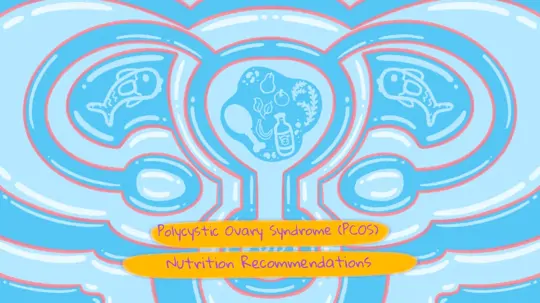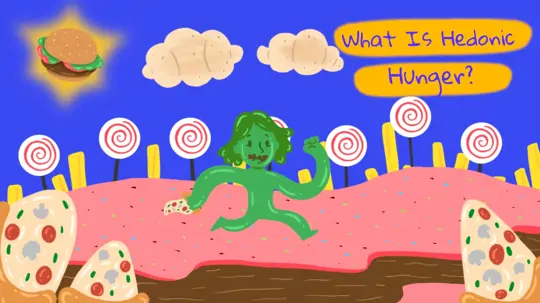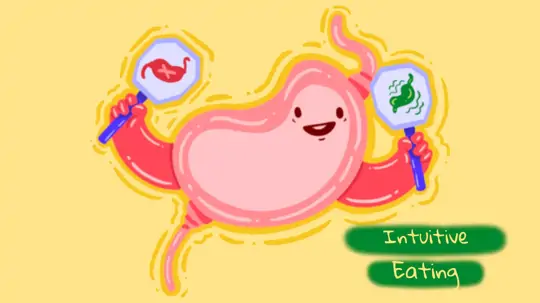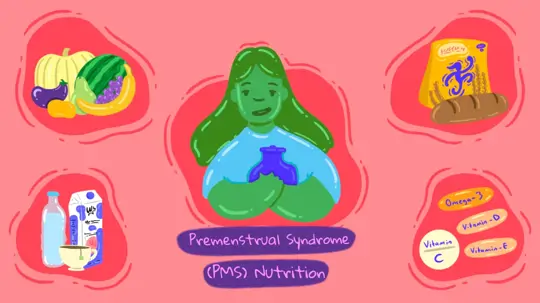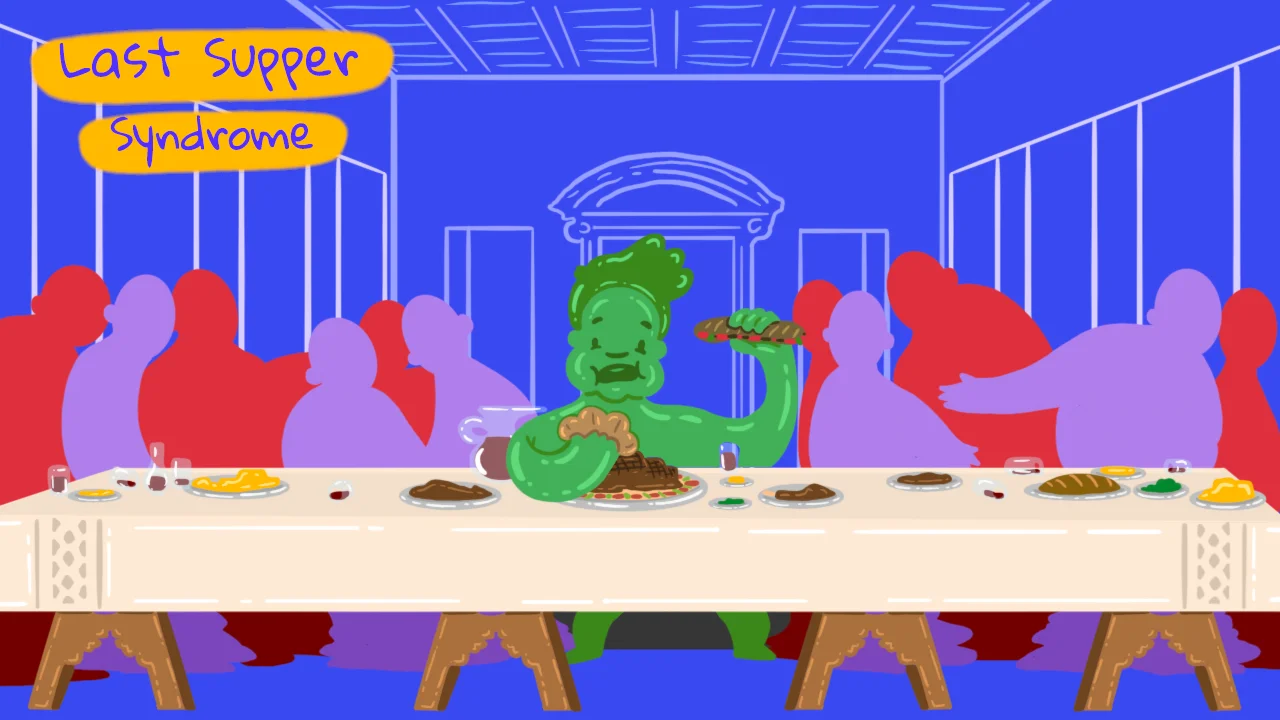
Start feeling better today!
Connect with your therapist today and take control of your life like our 850.000 happy clients.
Get StartedWhat Is the Last Supper Syndrome?
The Last Supper Syndrome is the urge to consume foods you're about to swear off due to dieting, unsure of when you'll be able to eat them again. It's a common occurrence in the cycle of dieting.
You’ve picked a day, maybe called it a "cheat day," and now you’re getting ready to say goodbye to the freedom to eat what you want. You eat beyond fullness, to the point of discomfort, and end up feeling guilty and ashamed.
So, why does this happen? It’s the power of food scarcity and a restrictive mindset. When you're told you can't have something, you want it even more than before. Just like telling a small child they can play with any toy in the room—except the blue ball. Which one do you think they’ll want first? Of course, the blue ball!
Restrictive Mindset in Eating
A restrictive mindset deeply affects how our brain perceives food. Foods that are forbidden or limited become more appealing in our minds. This psychological reaction complicates our relationship with food and initiates a cycle of overeating. Restrictions increase our cravings and ultimately lead to overeating those very foods. This cycle can result in binge eating, guilt, and shame.
What Is Intuitive Eating?
Intuitive eating is a nutritional approach that embraces body peace, trusting our body’s natural hunger and fullness cues, and adopts the "Health at Every Size" philosophy. It replaces diet culture’s restrictions and rules with respect for our body’s natural needs and signals. It’s based on 10 principles.
1. Reject the Diet Mentality: Diets often aim for a specific weight or body type, while intuitive eating encourages neutrality toward your body and promotes giving it the care it deserves. Paying attention to your body's needs and taking care of it is the key to long-term health and happiness.
Aiming for a specific weight or body image denies body diversity and leads us to believe that we are defined by a number. As a result, it brings low self-worth, discomfort in our bodies, avoidance of socializing, binge eating, emotional hunger, hormonal imbalances, and more.
2. Honor Your Hunger: Diets introduce external rules about when and how much to eat. But no one but you can know how hungry you are at any given moment, what you want to eat, or how much will satisfy you. Diet plans can undermine your trust in your body because they expect you to be full with a specific portion. If you’re not full after or can’t finish the meal, it can make you feel "abnormal."
3. Make Peace with Food: Many foods are seen as "forbidden" during dieting, and consuming them triggers guilt and shame. Intuitive eating accepts all foods as allowed and refuses to classify them as good or bad. This improves your relationship with food and helps you stop seeing it as punishment or reward.
4. Challenge the Food Police: We all have constructive and destructive inner voices about food. The Food Police is that judgmental voice in the background that makes you feel guilty through strict diet rules. Replacing these with accurate knowledge and beliefs helps build healthier food behaviors.
5. Discover the Satisfaction Factor: If we’re not satisfied, we’ll keep seeking food. Fullness isn't just about calorie content. Being satisfied and choosing foods you enjoy freely is your basic human right.
6. Feel Your Fullness: Stopping when you're full is respecting your body's needs. But diets and the concept of deprivation can make it hard to recognize fullness signals.
7. Cope with Emotions Without Using Food: Intuitive eating also addresses emotional eating. Emotions like stress, sadness, loneliness, or boredom may lead to using food as comfort. Intuitive eating helps you notice emotional triggers and hear your true needs. Changing emotional eating patterns enhances emotional coping skills and helps you stop using food as escape.
8. Respect Your Body: Another key component of this approach is body respect. When you’re body neutral, you’re better able to hear its needs and give it the care it deserves.
9. Feel the Difference with Movement: Unlike the strict rules around exercise in diet culture, this principle encourages discovering movement that brings you joy. It shifts focus from how your body looks to how movement makes you feel and what it brings to your health.
10. Gentle Nutrition: Simply put, this means being able to freely choose the foods that are good for your body, especially if you have an illness or allergy, without being influenced by diet culture.
Intuitive eating not only transforms your relationship with food but also improves your overall quality of life. It teaches you to enjoy food while honoring your body’s cues. It removes the stress and anxiety created by restrictive diets. It helps you build a healthier, more balanced relationship with food. Intuitive eating allows you to enjoy eating while staying in tune with your body, supporting long-term sustainable health.
Steps of Intuitive Eating to Overcome the Last Supper Syndrome
Overcoming the Last Supper Syndrome takes practice, patience, and effort. This is where intuitive eating comes in, with its principles like letting go of the restrictive mindset, honoring hunger, making peace with food, and giving yourself unconditional permission to eat.
Here are some steps you can take to overcome the Last Supper Syndrome:
1. Break the Diet Cycle
Give the power back to your body to stop splitting your life into dieting and not dieting. Reject the rules because your body is wise enough not to need them. Start listening to your body for hunger and fullness cues, food preferences, and the satisfaction factor.
Remember, you are the expert of your own body. Breaking the diet cycle means discovering eating without judgment. Understanding and respecting what your body needs is the key to building healthy eating habits.
2. Let Go of the “Good Food” / “Bad Food” Mentality
Let’s clarify something—there’s no such thing as “good food” or “bad food.” They’re all just food. Each has a place and a purpose and provides our bodies with energy.
Fruits and vegetables are rich in nutrients like fiber and vitamins that support health. Protein-rich foods like meat, fish, eggs, tofu, and legumes help with tissue repair. Fats like olive oil, cheese, and avocado are necessary for nutrient absorption and flavor. Sugar, chocolate, and cookies provide energy, pleasure, and satisfaction.
Challenge yourself to name foods for what they are—a cookie or an apple. Remind yourself of the purpose each food serves. Just because fun foods have lower nutritional value doesn’t mean they’re “bad.” They offer pleasure, satisfaction, and can be part of social bonding. But they aren’t meant for physical fullness.
Choosing nutrient-dense foods to satisfy biological hunger is a good way to meet your needs. These different types of foods serve different roles in our lives.
Labeling food as good or bad negatively affects your relationship with eating. These labels feed guilt and shame and trigger binge cycles. Accepting that all foods have a place and purpose helps build a healthier food relationship.
3. Give Yourself Unconditional Permission to Eat
When you give yourself unconditional permission to eat, you might assume you’ll lose control. But that belief is just a result of deprivation caused by restrictive thinking.
Unconditional eating permission helps you see food more neutrally rather than idealizing it. It also helps you discover what you truly enjoy. Maybe some of the foods you banned aren't as satisfying as you thought, or maybe some you thought you didn’t like actually bring you joy.
When food is perceived as forbidden, the brain’s pleasure centers get more activated. That’s why a food like ice cream feels more pleasurable when labeled “off-limits,” leading to overeating and guilt.

Giving yourself unconditional permission to eat transforms your relationship with food. Banning foods makes them more desirable and increases the tendency to overeat. Unconditional permission breaks this cycle and supports building a healthy relationship with food.
Conclusion
The Last Supper Syndrome is a result of restrictive diets and rigid food rules. Overcoming it is possible by embracing the principles of intuitive eating.
Breaking the diet cycle, letting go of the good/bad food mentality, and giving yourself unconditional permission to eat are keys to a healthy relationship with food.
These approaches help you make peace with food, understand your body’s needs, and support long-term, sustainable health. Intuitive eating teaches you to respect your body while enjoying food—and that’s the foundation of a healthy lifestyle.
